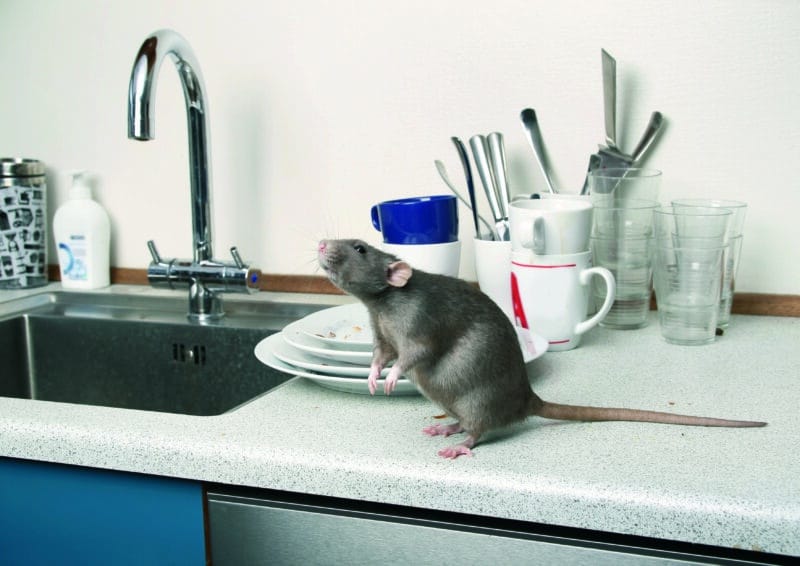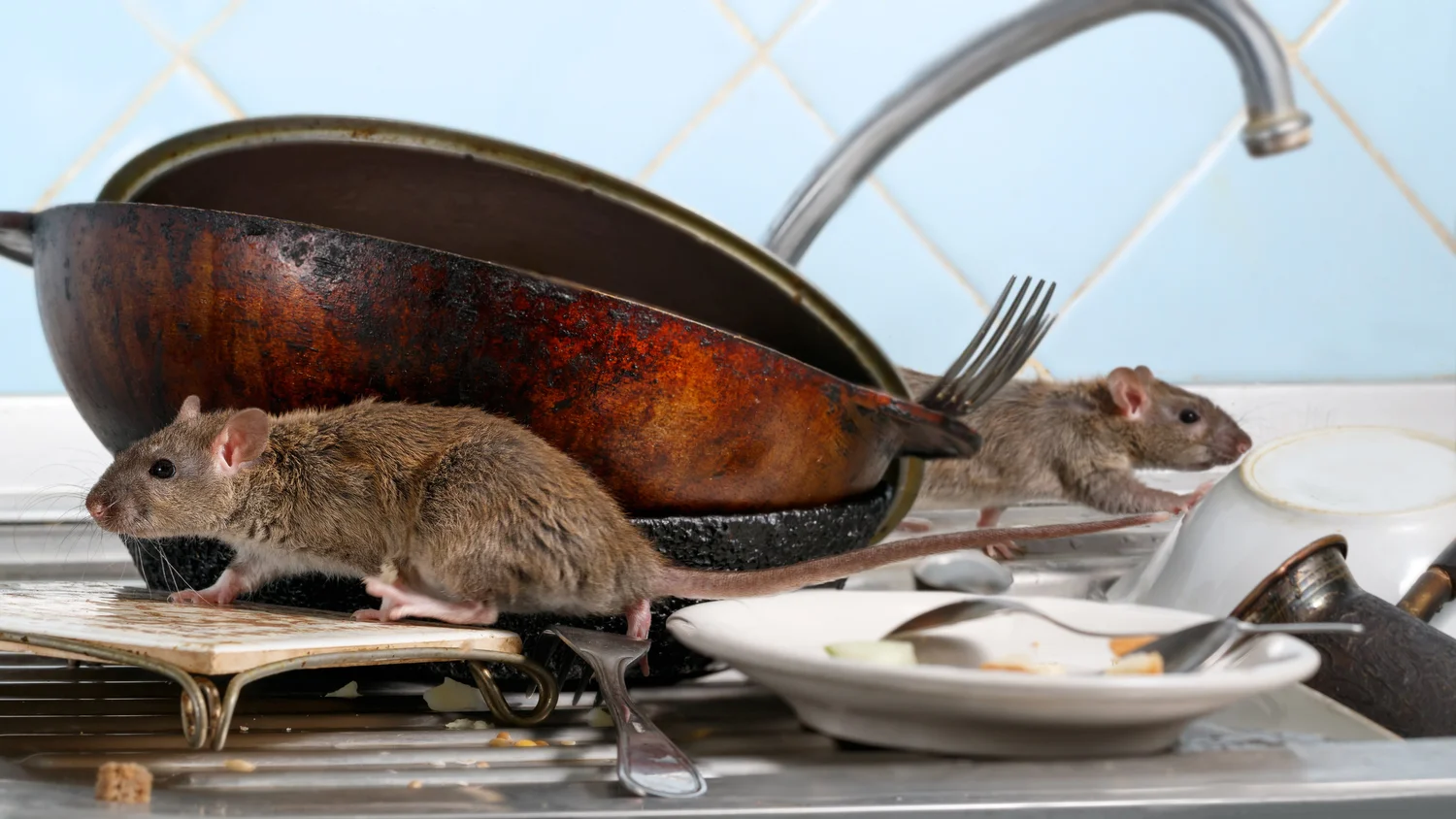Keeping pests out of your basement can feel like an uphill battle, but it is a crucial part of maintaining a safe and comfortable home. Basements offer the perfect environment for pests to thrivedamp, dark, and filled with cardboard boxes and clutter that make ideal nesting spots. By implementing some straightforward preventive measures, you can avoid the need for costly pest control treatments and maintain a pest-free basement.
In this article, we will delve into actionable tips and techniques that help in keeping pests out of your basement. We'll explore preventative strategies, signs to watch out for, and methods to safely get rid of pests if they've already made themselves at home.

Understanding the Importance of Basement Pest Control
Basements often serve as storage areas, laundry rooms, or entertainment spaces, making you more likely to forget about potential infestations. However, basements are also favorite hideouts for pests, including rodents, spiders, and insects. The importance of pest control becomes evident when considering the health risks and potential damage these creatures can cause. Investing time and effort into preventative measures ensures the safety and well-being of your entire household.
Common Types of Basement Pests
Understanding the types of pests that are attracted to basements can help homeowners take specific preventive actions. Common culprits include:
- Rodents like rats and mice
- Insects such as cockroaches and ants
- Spiders
- Silverfish
- Termites
These pests can cause significant damage to furniture, electrical wiring, and insulation. To effectively combat them, it's essential to identify what you're dealing with. For innovative pest control solutions, consider reading about the rodent sensor that is revolutionizing pest control practices.
Top Strategies for Keeping Pests Out
Sealing Entry Points
The first step in keeping pests out of your basement is to seal all potential entry points. Inspect your basement thoroughly and seal cracks, gaps, and holes with caulking or other sealants. Remember that even tiny openings can be inviting to small critters like mice.
Maintaining Cleanliness
Maintaining a clean and organized basement can significantly deter pests. Regularly clean out clutter, vacuum, and mop floors. Store items in plastic bins with tight lids instead of cardboard, which can attract pests.
Controlling Moisture Levels
Basement moisture is a primary attraction for pests. Use a dehumidifier to keep humidity levels in check and repair any leaks promptly. For more DIY pest control tips, check out this insightful article on effective pest control.
Utilizing Natural Remedies
There are several natural remedies for pest control that can be safe and effective. Essential oils like peppermint and eucalyptus act as natural deterrents for various pests. Placing cedar blocks and diatomaceous earth around high-risk areas can also be beneficial.
What to Do When Pests Invade
If pests have already set up camp in your basement, it's crucial to take immediate action. Traps and bait stations can help control infestations of rodents and insects. Using a layered approach by combining multiple methods often yields the best results. Learn about groundbreaking pest control tactics, such as the wireless-alert traps, to boost your efforts.
Wrapping Up Your Pest Control Endeavor
While managing and keeping pests out of your basement requires diligence and a mix of strategies, the peace of mind that comes with a pest-free home is well worth the effort. The key is to remain vigilant and proactive in your pest control efforts. As you embark on your pest control endeavors, consider reading about some possible pest methods to maximize your strategies.

FAQ
Is it normal to have pests in the basement?
While it's common for pests to invade basements, it's not normal, nor is it something you should tolerate. Implement the mentioned controls for optimal protection.
What natural remedies can I try?
Essential oils like peppermint, eucalyptus, and cedar suffice as natural repellents. Diatomaceous earth is another effective natural solution.
How can I maintain a pest-proof basement?
Routine inspection, cleanliness, reducing moisture, and sealing entry points are crucial preventive steps.
This article contains affiliate links. We may earn a commission at no extra cost to you.
